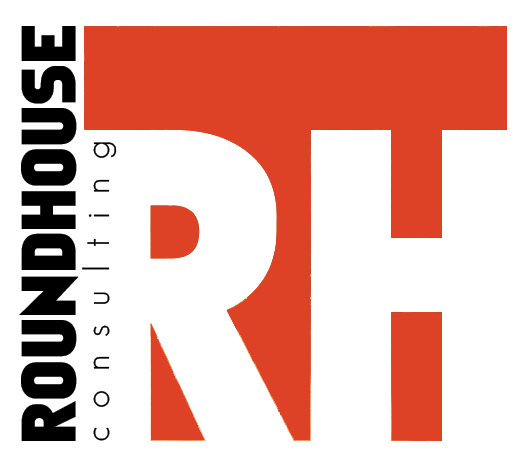This post is largely in response to the growing dialogue surrounding Reboot Alberta, the site for which is here: http://rebootalberta.wordpress.com/
In particular This blog post from Chris LaBossiere: http://www.chrislabossiere.com/chrislabossiere/2009/11/15/meet-chris-the-progressive-capitalist.html
and this one from Jason Morris:
http://rebootalberta.wordpress.com/2009/11/19/thoughts-on-how-to-do-politics-differently/
both speak to issues I have been giving some thought to lately and are worth responding to.
In essence Mr. LaBossiere's post has contributed to the conversation I have been having with myself about how to define political orientations and positions in our increasingly complex political firmament. Mr. Morris' post relates to my other major intellectual engagement with our political system these days - how do we modernize the structure of the political party to provide a better, more open and effective organization through which our citizens can contribute to the body politic? More on the latter in a post tomorrow, today I want to deal with the question of definitions.
The left/right dichotomy is over two hundred years old at this point, dating as it does from the National Convention of 1791, and over the years these terms' meanings have grown and changed constantly. Originally strictly referring (via seating arrangements relative to the chamber's speaker) to the political loyalties of the members, either royalist or montagnard. With the growth of economic factors in politics the terms grew to accommodate these ideas as well during the 19th century.
Where does that leave us today? In short it leaves us with an old, inflexible and ineffective terminology in general use for describing one another's political views. The result is a hampered dialogue, in which the label assigned frequently fails to convey any useful information, or at least insufficient information. We are in a similar position to a cook whose labels all read "bitter" or "sugary" - we have some information but not enough to make anything beyond the most basic dish.
This tool http://www.politicalcompass.org/ reflects some of the scholarship from the world of political science by marking out people's views on two axes - Authoritarian/Libertarian and communitarian/capitalist. By adding only one more variable a much more useful set of descriptors is created, but as Mr. LaBossiere points out the result still doesn't allow for much individuality. That, fundamentally, is the challenge for Canadian political institutions and representatives - they now exist in a highly individualized and open information environment. As a result citizens are demanding increased attention and, dare I say it, flexibility from their leaders and representatives. The era of the loyal voter, or the one-issue voter, is drawing to a close in Canada and other democracies simply because people are now able to engage with their interests and make choices in a much more flexible way than ever before.
For myself I am in most senses a 19th-century liberal - interested in the greatest possible individual liberty and minimal interference in the lives of its citizens by the state, while still believing that there are spheres appropriate for government action and believing that in those spheres government can accomplish much good. As a result, depending on the issue, I can swing from 'left' to right' quite dramatically; sometimes I am hard to pin down on even individual issues. For example I am a great believer in universal public health care, both on the principle that all citizens should have access to quality care and on the basis that universal provision, via the economies of scale, has proven to be cheaper and more efficient than any other method. Left and right in the same response.
One of the elements I most look forward to at Reboot Alberta is a discussion with a number of people whose thoughts I have enjoyed and been stimulated by about these topics.

Totally agree. Left vs. Right is about as useful now as Mac vs. PC was 200 years ago.
ReplyDeleteLooking forward to your comments tomorrow.